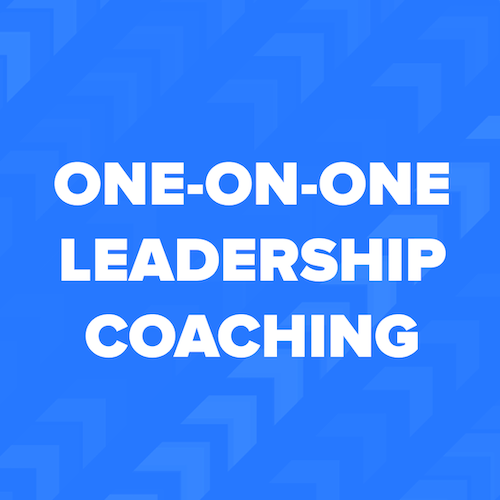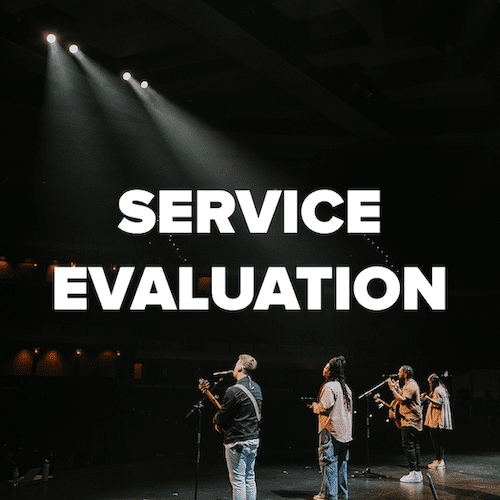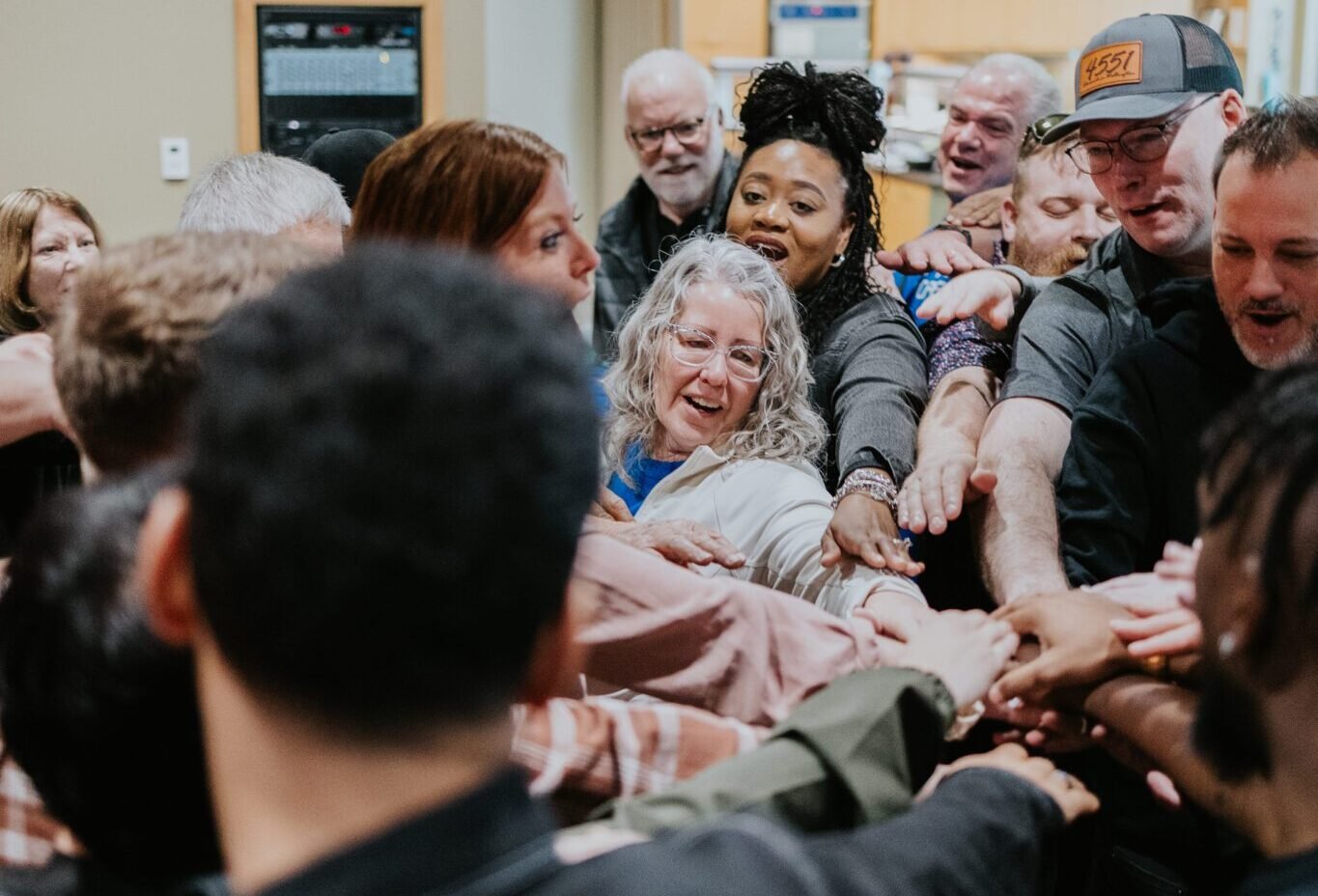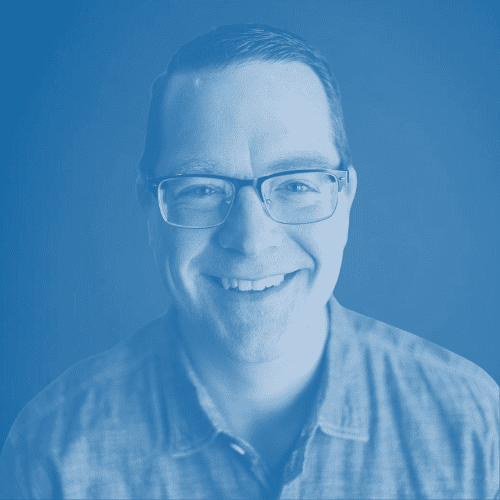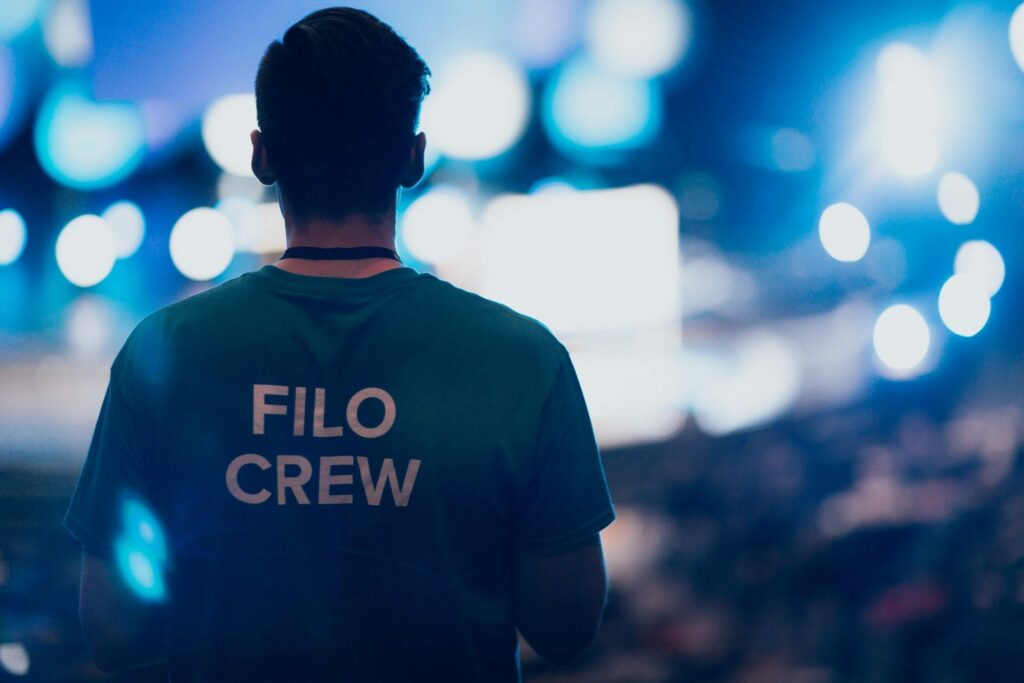
I should probably just do a blog post from each of the episodes of Netflix’s show Abstract. It is so good. If you haven’t watched it yet, I can’t recommend it any higher, especially if you’re a technical artist in the local church. There is so much great content from all the artists featured.
One of the episodes is about the portrait photographer Platon. He has produced some of the most iconic portraits in recent history…
Check his collection of world leaders on his website.
Over the course of the episode, he talks about what it is like to capture a photo of such powerful people.
He said he starts his process with the question:
“What can I learn from this person?”
This is an interesting approach for someone who has a lot to think about technically… Is the lighting right? Will the subject be easy to work with? Which lens should I use? The list could go on and on.
But for him to capture the essence of someone on film, he needs to get past all the technical details and get to the heart of the person. After watching this episode and thinking about how this question could help me do my job better as a technical artist, here are a few things I plan to implement in the context of pulling off weekend services in combination with our pastor and the rest of our worship team.
Platon researches his subjects before they arrive.
How much do you really know about the people you work with? How many kids do they have? What matters most to them? How did they end up playing guitar in a church?
For Platon, most of the people he is photographing have biographies written about them or at least have extensive Wikipedia pages to dig into. For us, we need to be a little more creative. What can you learn about your fellow teammates before Sunday morning? Can you take them to coffee? Can you buy them lunch? All in an attempt to understand their perspective and their world.
Asking people questions about their lives and not just asking how many keyboards they’re planning to bring this week helps to break down barriers between the stage and the booth. I think Lee Fields from MxU says “Don’t ask someone to turn down their amp if you don’t know their kid’s names.”
If Platon can find out what matters to this person, he might be able to interpret them the best through photography.
Whether it is your senior pastor’s message or a scripture reading, a prelude, or a worship song, how can we learn everything we can about the person on the other side of the camera/microphone/light/graphic to help us use technology in amplifying their heart?
On a bad day, production can ruin the message. If we miss a cue or we cause a distraction, we’ve pulled people away from the main message. On a good day, the technical arts can take a message or a song and create a moment that will help move people. If technology is disconnected from the heart of what’s happening, we’ll do our best based on our own knowledge and opinions, but this can lead to misinterpretation and distraction.
By understanding the heart behind something can really help us interpret it as close to the artist’s intent. That is only going to happen if we really seek to understand by asking questions and trying to learn from the other.
Platon asks questions during the photoshoot based on what he knows about them.
The conversation revolves around who they are and what makes them tick. Not what he needs from them.
Especially on Sunday mornings, it is really easy to only talk about the task at hand and not even consider that there are people involved to make the service happen. As technical artists, it is easy for us to get hyper-focused on doing our job flawlessly, so we care less about the people and more about what they are doing for us.
Thinking about Platon, he needs to get everything just right for his photos to turn out. But he also knows that he needs the other person to show up. As a result, he is talking minimally about what he needs from them and trying to engage them in ways that help them be themselves.
How can we get the tasks done, but engaging with people more fully along the way? How can we break down the barriers that can exist between the booth and the stage so that we call all bring our very best?
Like Platon, we shouldn’t expect to get everything we need from the people on the other side of our technology without putting in the work to learn from them.


